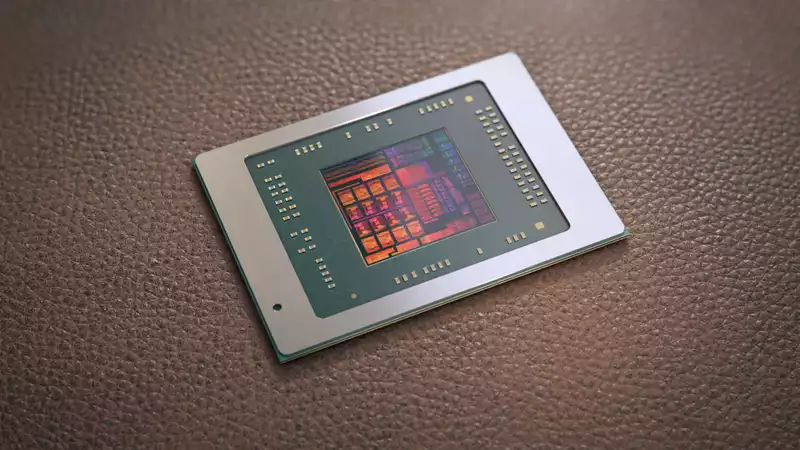If you're looking to get AMD's flashy Ryzen 5000 series mobile processors in a brand-new gaming laptop, there's one thing you must look at: whether the chip you're buying is the latest Zen 3 architecture or the slightly older Zen 2 architecture.
The series' high performance is based on the newer Zen 3 architecture.
This is not a problem encountered in high-end gaming notebooks in the H-series
series, or in notebooks with H-series or HX-series chips, but it can be a source of confusion with the power-efficient chips found primarily in thin, lightweight notebooks.
Basically, the U Series processors are either chips based on the latest Zen 3 architecture, which is also found in the AMD Ryzen 5000 desktop processors, or the Ryzen 4000 mobile processors and Ryzen 3000 desktop chips previously The choice is a toss-up between chips based on the Zen 2 architecture, which was previously deployed in Ryzen 4000 mobile processors and Ryzen 3000 desktop chips.
The difference between the two is also striking, and it is not as easy to tell one from the other as one might expect just by looking at the names in AMD's product lineup.
Fortunately, there is no need to guess, as there is a master list of all chips and their designated architectures directly from AMD.
As mentioned earlier, the only thing that may switch to Zen 2 is the U-series processors, which will have less overall cache and will lose some of the finer points of the Zen 3 architecture that have made it so beloved on the desktop side. This includes a significant improvement in instructions per clock (IPC) compared to Zen 2, up to a total of 19%.
Three AMD Ryzen 5000 mobile processors are powered by Zen 2: Ryzen 7 5700U, Ryzen 5 5500U, and Ryzen 3 5300U.
Perhaps the most surprising Zen 2-based chip of the bunch is the Ryzen 7 5700U, runs a bit slower than the Zen 3-based Ryzen 7 5800U, with only 12 MB of cache compared to the 5800U's 20 MB. Both have the same 15W TDP, but the Zen 3 chip will offer more capability within your power budget. [The Zen 3 architecture has proven its mettle with the latest titles, but laptops with the low-power U series are unlikely to be a big hit in gaming applications. These chips instead tend to be found in thinner, lighter laptops that are more office-oriented.
However, the Zen 3 architecture is generally faster, so unless a Zen 2-based laptop is a good bargain, look for one with the newer architecture.


Comments